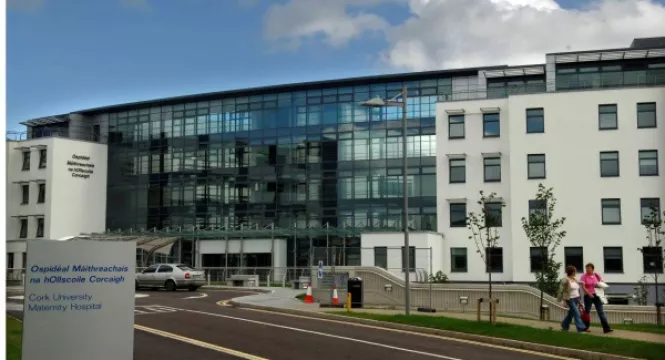An eight-year-old girl who sued over the circumstances of her birth at Cork University Maternity Hospital (CUMH) has settled her High Court action with an interim payment of over €1 million.
Approving the interim payment for the next five years, Mr Justice Tony O’Connor praised the resilience of the young girl and said she had his real admiration.
The girl cannot be named by order of the court.
Her Counsel, Oonah McCrann SC, instructed by Cantillons solicitors, told the court that a personal and private letter of apology has been sent by the hospital to the young girl.
Liability, she said, was admitted in the case in 2019, but there were still issues in relation to causation.
Counsel said it was their case that signs of foetal distress went unrecognised as the CTG trace hospital staff were looking at was the maternal one rather that the CTG trace which monitors the baby’s heartbeat.
Counsel said the baby girl had a brain injury but due to the “heroic efforts by the parents and her own resilience”, the young girl has made almost “a miraculous recovery” and is able to take part in all activities. She had also undergone intensive therapies to help her.
The €1.05 million settlement relates to past and future special damages and is for the next five years. Counsel told the court that it is not clear how the girl is going to progress, but other matters will be assessed in 2028.
Approving the settlement, Mr Justice O’Connor said he had real admiration for the girl and her resilience, and the devotion of her parents.

The girl had, through her mother, sued the HSE. It was claimed that in the hospital delivery suite, the CTG monitoring trace which had been disconnected during the transfer was recommenced.
It is claimed that from the recommencement of the CTG, the maternal heart rate was being recorded by both the maternal pulse probe and the CTG, with the result that the foetal heart rate was not being recorded.
It was further claimed that the fact that the foetal heart rate was not being recorded was not recognised, and it was assumed that the maternal heart rate was that of the baby.
The mother was later transferred to theatre and the baby was born by emergency caesarean section and required ventilation and intubation at birth.







